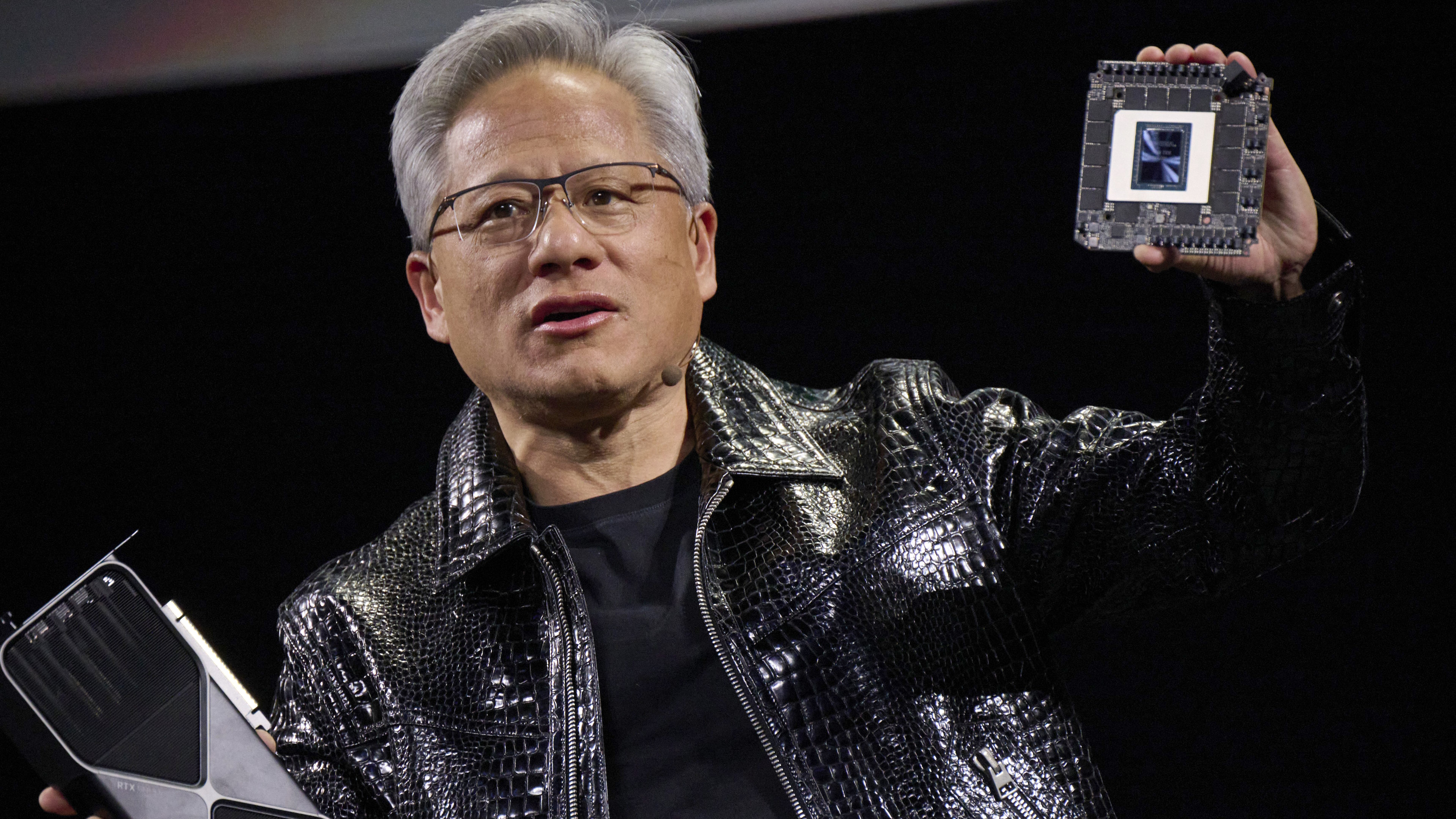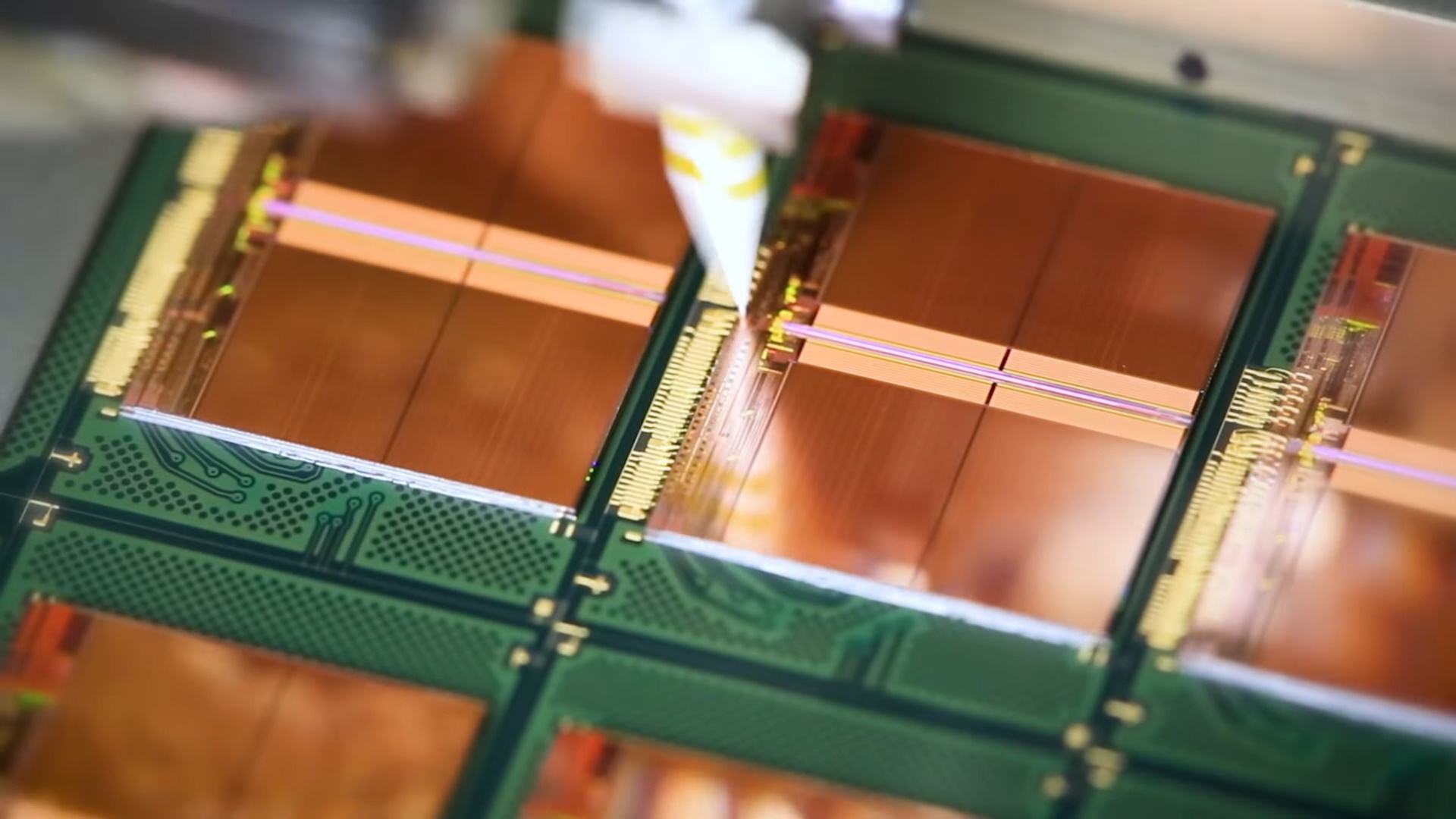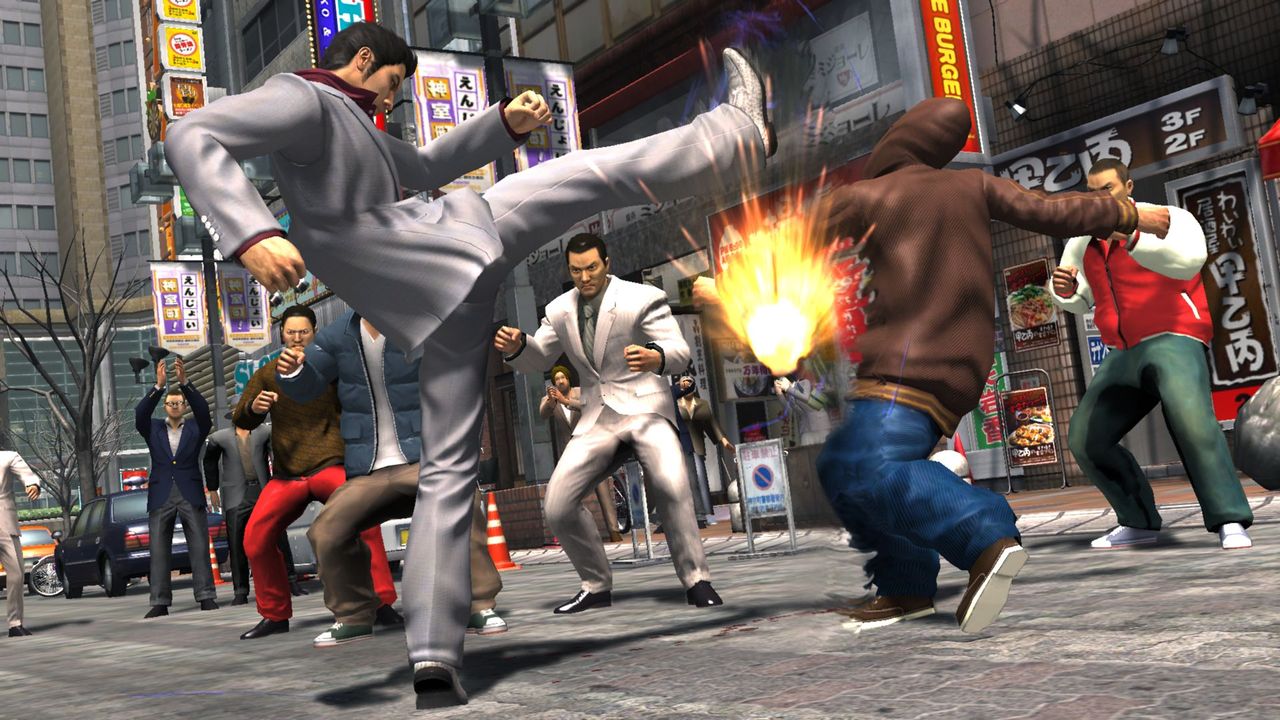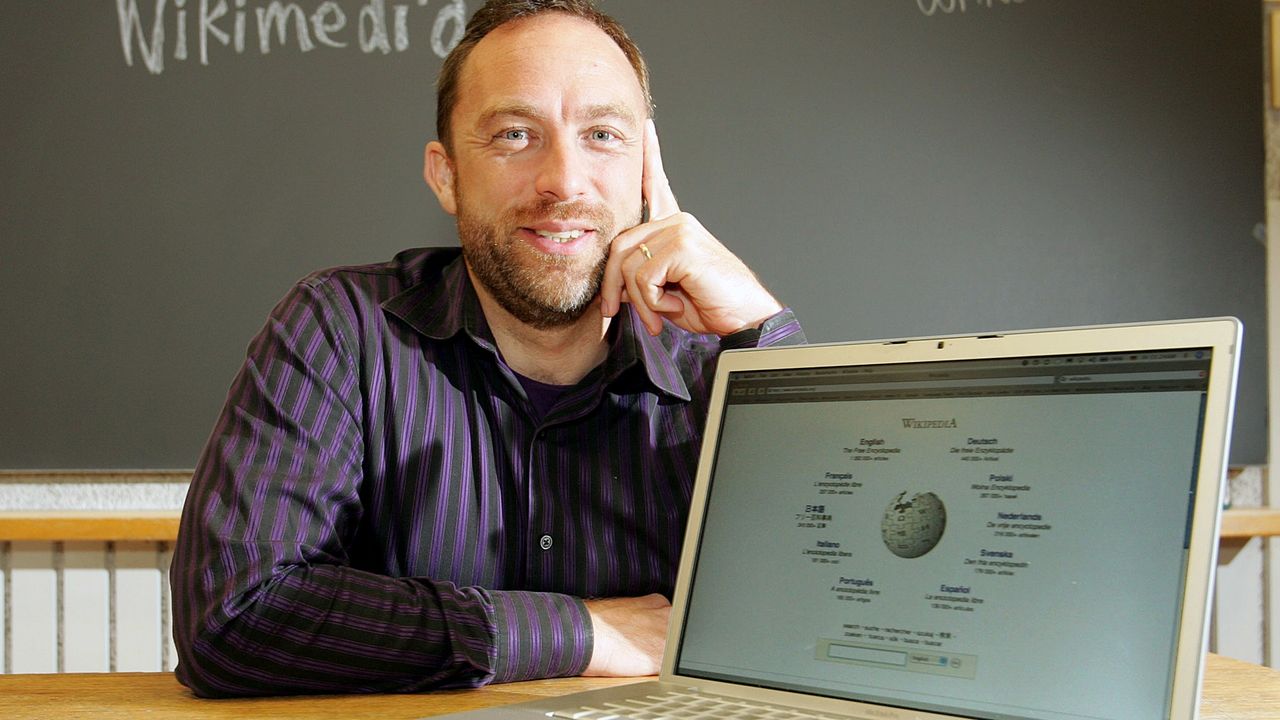Nvidia CEO Jensen Huang joins the rush to kiss Trump’s ring: ‘I’d be delighted to go see him and congratulate him’

Nvidia CEO Jensen Huang has added his name to the list of tech chiefs eager to pledge fealty to incoming US president Donald Trump, saying in an interview with Bloomberg Television that he’d be “delighted” to go to Mar-a-Lago to congratulate Trump on his election victory—he just hasn’t been invited yet.
“I’d be delighted to go see him and congratulate him, and do everything we can to help this administration succeed,” Huang said. He also had some flattering words for Elon Musk, who played a pivotal role in Trump’s victory and will continue to do so in his administration, saying the owner of X, Tesla, and SpaceX is “very optimistic” about the future of AI and is “working on some of the most important AI areas.”
Huang is the latest big-tech CEO to mark his obeisance to the incoming regime, following Apple CEO Tim Cook, OpenAI chief Sam Altman, Amazon CEO Jeff Bezos, and most recently, Meta founder Mark Zuckerberg, who announced yesterday that Facebook and Instagram will be eliminating fact-checkers and adopting an X-inspired “Community Notes” system in its place.
It’s not unusual for the heads of major companies to occasionally remind politicians who butters their bread in order to keep the gears turning smoothly. What makes this rush to kiss the ring remarkable is its speed and totality: Meta, Amazon, Cook, and Altman have all made million-dollar donations to Trump’s inauguration fund.
By way of comparison, a Newsweek report says Apple donated $43,200 to the 2021 inauguration of current US president Joe Biden, while Amazon donated $276,000. Meta and Open AI did not donate at all. Google and Microsoft, who donated $337,500 and $500,000 respectively to Biden’s inauguration fund, have not yet confirmed any donations to Trump’s.
It also stands in sharp contrast to the tech industry’s relationship with Trump just four years ago, which came to a head when he attempted to overturn the results of the 2020 election. Twitter, now known as X, permanently suspended Trump’s account after the January 6 insurrection “due to the risk of further incitement of violence,” while Facebook imposed an “indefinite” ban for the same reason. Facebook changed that to a two-year ban a few months later, while Elon Musk restored Trump’s Twitter account in 2022, not long after taking ownership of the company. Streaming platform Twitch also banned Trump in January 2021; that ban was lifted in July 2024 under the rationale that “there is value in hearing from Presidential nominees directly.”
As much as these loyalty theatrics are about boosting business—likely a vain effort, given Trump’s mercurial disposition and seemingly limited understanding of commerce—they’re also undoubtedly an effort to simply stay out of his crosshairs. As reported by NPR, Trump has been overt about his desire to pursue and punish his perceived enemies, ranging from Democratic politicians and “the entire Biden crime family” to individual journalists and even poll workers. That doesn’t make their performances any less embarrassing or contemptible, but it does rather harshly illuminate the realities of “doing business” in this world we’ve built.
Nvidia faces some unique challenges on that front: Its chips are at the forefront of the effort to make AI happen, and that has it caught between the proverbial rock and a hard place, as the governments of the US and China wrestle for a technological edge. But Huang’s lack of an invite to Mar-a-Lago may come down to something far simpler than geopolitical machinations: Unlike Meta, Amazon, and the rest, Nvidia hasn’t yet kicked any cash into Trump’s inauguration fund.




